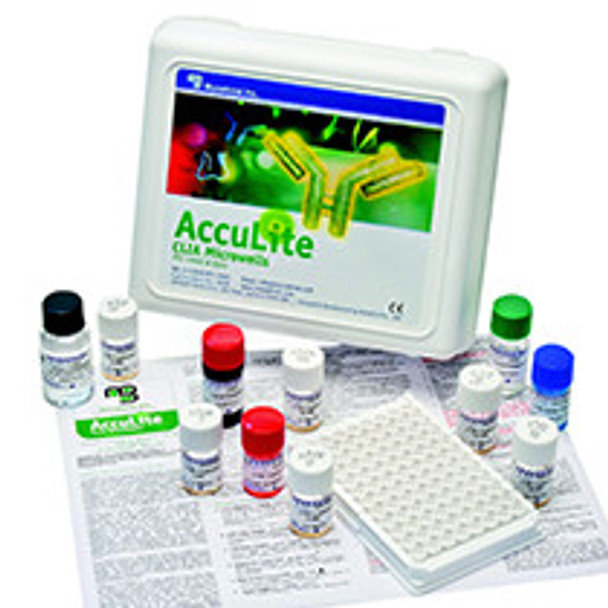Description
Anti-Tg
Anti-Thyroglobulin (Anti-Tg) detects the presence and quantity of specific thyroid autoantibodies. These develop when a person’s immune system mistakenly recognizes components of the thyroid as foreign (not-self) and can lead to chronic thyroiditis (inflammation of the thyroid), tissue damage, and disruption of thyroid function. Often associated with thryoid cancer or Hashimoto's thyroidits.
The thyroid is a small, butterfly-shaped gland that lies flat against the windpipe in the throat. The primary hormones that it produces (thyroxine (T4) and triiodothyronine (T3)) are vital in helping to regulate the rate at which we use energy – our metabolism. The body has a feedback system that utilizes thyroid stimulating hormone (TSH) to help turn thyroid hormone production on and off and maintain a stable amount of the thyroid hormones in the bloodstream. When thyroid antibodies interfere with this process, it can lead to chronic conditions and disorders associated with hypothyroidism (not enough thyroid hormones) or hyperthyroidism (excessive amounts of thyroid hormones). Hypothyroidism can cause symptoms such as weight gain, fatigue, goiter (enlarged thyroid gland), dry skin, hair loss, intolerance to cold, and constipation. Hyperthyroidism can cause symptoms such as sweating, rapid heart rate, anxiety, tremors, fatigue, difficulty sleeping, sudden weight loss, and protruding eyes.
Additional Information
Method: |
Enzyme Immunoassay, Chemiluminescence |
Principle: |
Sandwich Assay, Streptavidin-Coated Plate |
Calibrators: |
0, 50, 125, 500, 1000, 2000 IU/ml (IRP 65/93)0, 50, 125, 500, 1000, 2000 IU/ml (IRP 65/93) |
Sample: |
50 µl (1:100 Dilution) |
Sensitivity: |
5 IU/ml |
Reading: |
RLU’s |
Total Time: |
65 Minutes |
Shelf Life: |
18 Months |






